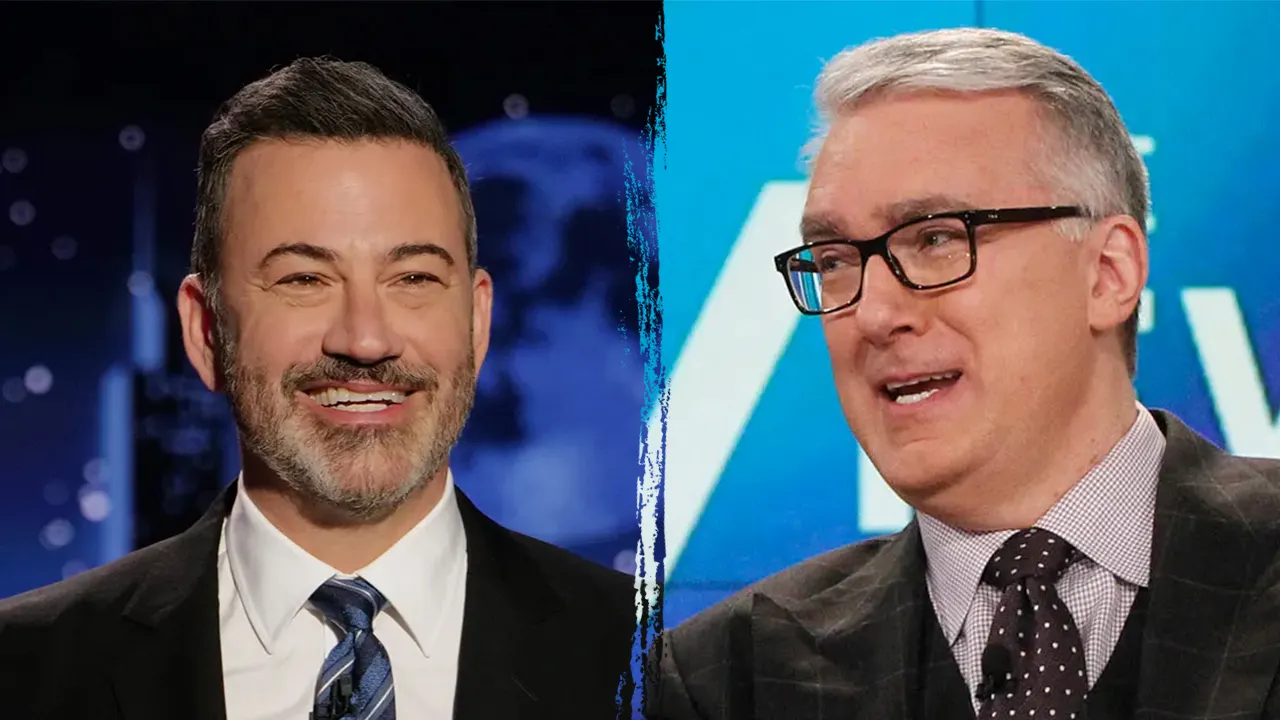By Contributor,Dasha Shunina
Copyright forbes

“The best thing you can do is focus on your customers. Learn everything about them, and find insights no one else has. If you build around that, you’ll always stay ahead.”, says Masha Bucher, Founder & General Partner, Day One Ventures.
A Different Kind of Venture Capital
Masha Bucher
Day One Ventures
When Masha Bucher launched Day One Ventures in 2018, she was one of only two female general partners among 157 new funds in the United States. From the start, her mission has been to bridge technology and society—not just through capital, but also through art, storytelling, and culture.
Day One backs early-stage founders with customer-obsessed DNA, accelerating the mass adoption of technologies that can solve some of humanity’s most pressing problems. “The goal is to find the biggest world-changing ideas possible,” Bucher says. They back young, mission-driven founders with unconventional experience but extreme dedication.
Today, some of those founders are disrupting the health and biotech industries, shaping the future of medicine, longevity, and human potential.
Superpower: Democratizing Preventative Healthcare
Max Marchione
One of those founders is Max Marchione, Co-Founder of Superpower, the world’s first health super-app. Starting with the most comprehensive biomarker testing service on the market, Superpower aims to deliver proactive, preventative, and personalized healthcare for everyone.
MORE FOR YOU
“Most people know more about the menu at their local coffee shop than what’s happening in their own bodies,” Marchione says.
The idea is simple but ambitious: make $100,000-quality medical insights affordable and accessible. Superpower recently dropped its price point to $199, offering consumers a single place to track all their health records.
Bucher describes Marchione as a rare founder who combines deep technical knowledge with empathy: “Max stands out because his own story gives him real empathy for the consumer. He knows more about health and longevity than anyone I’ve ever met, but he translates that into something people actually want. That’s rare in consumer health.”
For Marchione, the future of healthcare should feel like a brand people love. “Health is a tool for human enhancement,” he says. What excites him most about the industry is not just its rapid innovation, but the fact that it’s becoming increasingly accessible. “The next few years will be about preventing disease rather than treating it.”
Another powerful trend he sees emerging: a growing trust in AI over traditional health systems. As patients become more skeptical of entrenched institutions, they are turning to technology to provide answers, transparency, and confidence in their care.
Bringing Trust and Transparency Back to Health Insurance
Max Kauderer
Yuzu Health
Max Kauderer, Co-Founder and CEO of Yuzu Health, is rethinking one of the most broken parts of American healthcare: insurance. The way employer healthcare is structured makes no sense—companies overpay while employees still don’t get the care they need. Yuzu is building the infrastructure to change that, creating an operating system for health insurers so businesses can offer plans that make sense and employees get better, more accessible care.
Kauderer believes in tackling the root cause, not the symptoms. Health insurance, he notes, used to be simple—built on trust between provider, patient, and payor. But over time, misaligned incentives created bad actors, and layers of complexity turned the system into a black box. “If you want to do anything meaningful in healthcare, you have to rebuild the really boring plumbing parts before you can do the really cool, interesting pieces,” he says.
Masha Bucher, Founder & General Partner at Day One Ventures, calls Kauderer “unstoppable—always moving forward, but with incredible precision. He thinks through every detail, and his team matches that discipline. They communicate clearly, make decisions together, and move fast.”
One of Yuzu’s investors, Joshua Browder, Founder and CEO of DoNotPay, shares that conviction. “I love backing things that people aren’t excited about,” he says, adding that AI is unlocking entirely new opportunities in insurance that simply didn’t exist before.
Pilgrim: Bringing Biotech to the Battlefield
At just 21 years old, Jake Adler, Founder of Pilgrim, is rewriting the rules of biotechnology. His company develops, validates, and deploys battlefield-ready biotech—a bold ambition matched by Adler’s willingness to take risks. In one now-viral demonstration, Adler cut open his own leg to prove the efficacy of his work. Not long after, he raised $4.3 million from Peter Thiel and other investors.
“You know it when you see it,” says Joshua Browder, one of Jake’s first investors and the Founder and CEO of DoNotPay. “When I first spoke with Jake, it was clear he was a top one-percent founder. His passion was extraordinary—he spent 30 minutes straight diving into obscure technical details without losing momentum. On top of that, his technical ability is world-class. He’s an outstanding engineer.”
For Browder, Adler exemplifies what he looks for in the next generation of entrepreneurs: “I back a lot of young founders, and I typically look for proof early on that they know how to build and distribute a product. Jake has that instinct.”
Masha Bucher agrees: “He brings an intensity to his mission that’s impossible to miss.”
When asked about the ideal investor profile, Adler is candid: “At the early stage, you want somebody who is taking a bet on you. Masha does that very effectively—she’s incredible at backing the founder. As you grow and raise Series A or B, you’d better be building a company that I admire, led by someone who’s spent a lot of time in the dirt.”
Adler recalls a memorable conversation with Browder shortly after his investment. Seeking advice, Adler was surprised when Browder admitted he couldn’t recall the company’s exact focus. Adler challenged him—how could he invest without remembering? Browder’s answer was simple: “If you told me tomorrow you were starting a shoe-shining business, I’d still back you—because I believe in you.”
When asked what excites him most about the future of the industry, Adler doesn’t hesitate. “The only thing I care about is translation,” he says. “By that, I mean moving technology from the benchtop to the patient. With AI and large language models, we can build faster and get solutions to the people who need them sooner. That’s the only thing I care about.”
The Future of Health, Bio, and AI
What excites Bucher most about the next frontier is the convergence of health and artificial intelligence.
“I see huge potential in applying AI to the study of the brain and the balance of the human body,” she says. “We still don’t understand so much. The more we learn, the more we can extend human potential.”
Her conviction is personal. A vegetarian for 15 years, Masha discovered through Superpower testing that she had an iron deficiency aging her biologically. With targeted supplements and IVs, her health, mood, and productivity dramatically improved. “One small change made me feel like a completely different person,” she says. “The future is about making those insights available to millions, so health and performance aren’t just for the lucky few.”
Beyond the Portfolio
Bucher also keeps a close eye on companies outside her own portfolio. One standout is Commure, which she calls “a rocket ship.” The company is building AI infrastructure for health systems, integrating with more than 60 electronic health records (EHRs) and powering millions of patient encounters. What sets it apart, Bucher says, is its embedded model: “They don’t just deliver software; they send engineers into hospitals to work alongside doctors and administrators. That’s how you modernize systems that have been outdated for decades.”
Editorial StandardsReprints & Permissions



